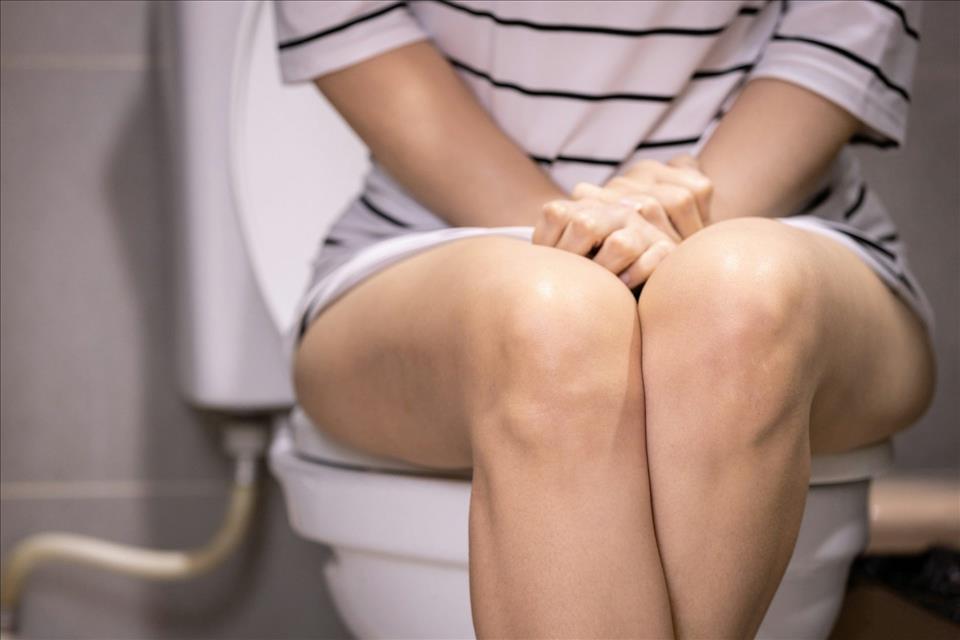
Six Everyday Habits That Could Be Sabotaging Your Bladder Health
But just like your heart or lungs, your bladder needs care. Neglect it and you risk discomfort, urinary tract infections and, in some cases, serious conditions such as incontinence (involuntary leakage of urine) or even cancer.
Read more: Do women have to pee more often? The answer is surprisingly complex
The good news: many bladder problems are preventable and linked to everyday habits. Here are six common habits that can sabotage bladder health.
1. Holding in urine too longDelaying a bathroom visit allows urine to build up and stretches the bladder muscles. Over time this can weaken their ability to contract and empty the bladder completely, leading to urinary retention . Research shows that holding urine gives bacteria more time to multiply, raising the risk of urinary tract infections (UTIs).
Experts recommend emptying your bladder every three to four hours . In severe cases, chronic retention can even damage the kidneys. When you do go, relax – women in particular should sit fully on the toilet seat rather than hovering, so the pelvic muscles can release. Take your time and consider double voiding : after you finish, wait 10–20 seconds and try again to ensure the bladder is fully emptied.
2. Not drinking enough waterDehydration makes urine more concentrated, which irritates the bladder lining and increases infection risk. Aim to drink six-to-eight glasses of water (about 1.5 to 2 litres) a day, more if you're very active or in hot weather. If you have kidney or liver disease, check with your doctor first.
Too little fluid can also lead to constipation . Hard stools press on the bladder and pelvic floor, making bladder control harder.
3. Too much caffeine and alcoholCaffeine and alcohol can irritate the bladder and act as mild diuretics, increasing urine production. A study found that people consuming over 450mg of caffeine per day – roughly four cups of coffee – were more likely to experience incontinence than those drinking less than 150mg.
Read more: Caffeine: here's how quitting can benefit your health
Another study showed men who drank six-to-ten alcoholic drinks per week were more likely to develop lower urinary tract symptoms than non-drinkers. Heavy alcohol use may also increase bladder cancer risk, although the evidence is mixed. Cutting back can ease bladder symptoms and reduce long-term risk.
4. SmokingSmoking is a major cause of bladder cancer , responsible for about half of all cases. Smokers are up to four times more likely to develop the disease than non-smokers, especially if they started young or smoked heavily for years – cigars and pipes included.
Tobacco chemicals enter the bloodstream, are filtered by the kidneys and stored in urine. When urine sits in the bladder, these carcinogens, including arylamines , can damage the bladder lining.
5. Poor bathroom hygieneImproper hygiene can introduce bacteria into the urinary tract. Wiping from back to front, using harsh soaps or neglecting hand-washing can all upset the body's natural microbiome and increase UTI risk.
Sexual activity can also transfer bacteria from the bowel or vaginal area to the urinary tract. Both men and women can reduce their infection risk by urinating soon after sex.
6. Poor diet and lack of exerciseWhat you eat and how active you are affects your bladder more than you might expect. Excess weight puts pressure on the bladder and increases the likelihood of leakage. Regular exercise helps maintain a healthy weight and prevents constipation, which otherwise presses on the bladder.
Read more: Pelvic floor dysfunction: what every woman should know
Certain foods and drinks – including fizzy drinks, spicy meals, citrus fruits and artificial sweeteners – can irritate the bladder and worsen symptoms for those already prone to problems. Aim for a fibre-rich diet with plenty of whole grains, fruit and vegetables to protect both digestive and bladder health.
Bladder health is shaped by everyday choices. Staying well-hydrated, avoiding irritants, practising good hygiene and listening to your body can all help prevent long-term problems. If you notice persistent changes such as frequent urination, difficulty emptying the bladder, pain or burning when you pee, cloudy or smelly urine, or any sign of blood, see a healthcare professional. Your bladder will thank you.

Legal Disclaimer:
MENAFN provides the
information “as is” without warranty of any kind. We do not accept
any responsibility or liability for the accuracy, content, images,
videos, licenses, completeness, legality, or reliability of the information
contained in this article. If you have any complaints or copyright
issues related to this article, kindly contact the provider above.
Most popular stories
Market Research

- New Cryptocurrency Mutuum Finance (MUTM) Raises $15.8M As Phase 6 Reaches 40%
- Noveba Brings Apple Pay To Customers
- Mutuum Finance (MUTM) Approaches Next Phase With 14.3% Price Increase After Raising $16 Million
- Cregis And Kucoin Host Institutional Web3 Forum Discussing Industry Trends And Opportunities
- Primexbt Expands Crypto Futures With 101 New Coins, Delivering Best-In-Class Trading Conditions
- BTCC Exchange Announces Triple Global Workforce Expansion At TOKEN2049 Singapore To Power Web3 Evolution




















Comments
No comment